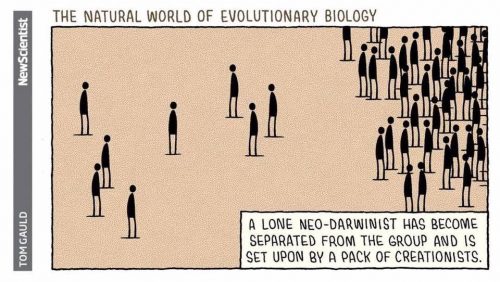I told you that the University of Minnesota Morris has an opening for a tenure track position in quantitative biology — really, we do, and we urge qualified individuals to apply.
Only now it turns out that we have some competition in the market. Liberty University is also trying to fill an assistant professor in biology position.
Disclaimer: Liberty University’s hiring practices and EEO Statement are fully in compliance with both federal and state law. Federal law creates an exception to the “religion” component of the employment discrimination laws for religious organizations (including educational institutions), and permits them to give employment preference to members of their own religion. Liberty University is in that category.
Minimum Qualifications
Ph.D. in a biological field, or an M.D. minimum qualifications or 18 graduate hours in biology related coursework. Candidates must be committed to the evangelical standards and mission of Liberty University.Preferred Qualifications
Ph.D. in a biological field, or an M.D. minimum qualifications or 18 graduate hours in biology related coursework. Candidates must be committed to the evangelical standards and mission of Liberty University.
I might be wrong, but I think there might be some religious requirement for the job at Liberty. You might want to read it carefully, I could have missed it.
In the spirit of true academic collegiality, though, if you meet the requirements for the Liberty position, I urge you to apply there. Not to UMM. We’re secular, super gay, and satanic. We might be drawing on a different pool of applicants.




